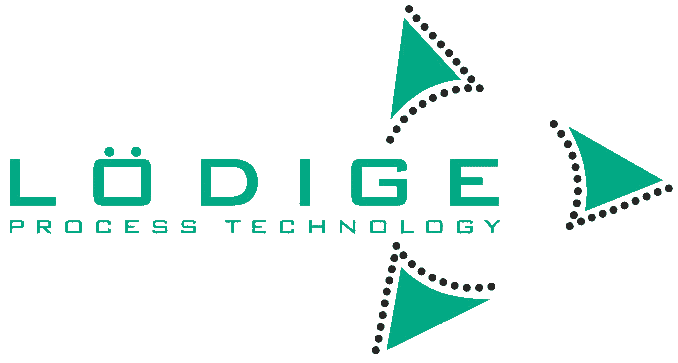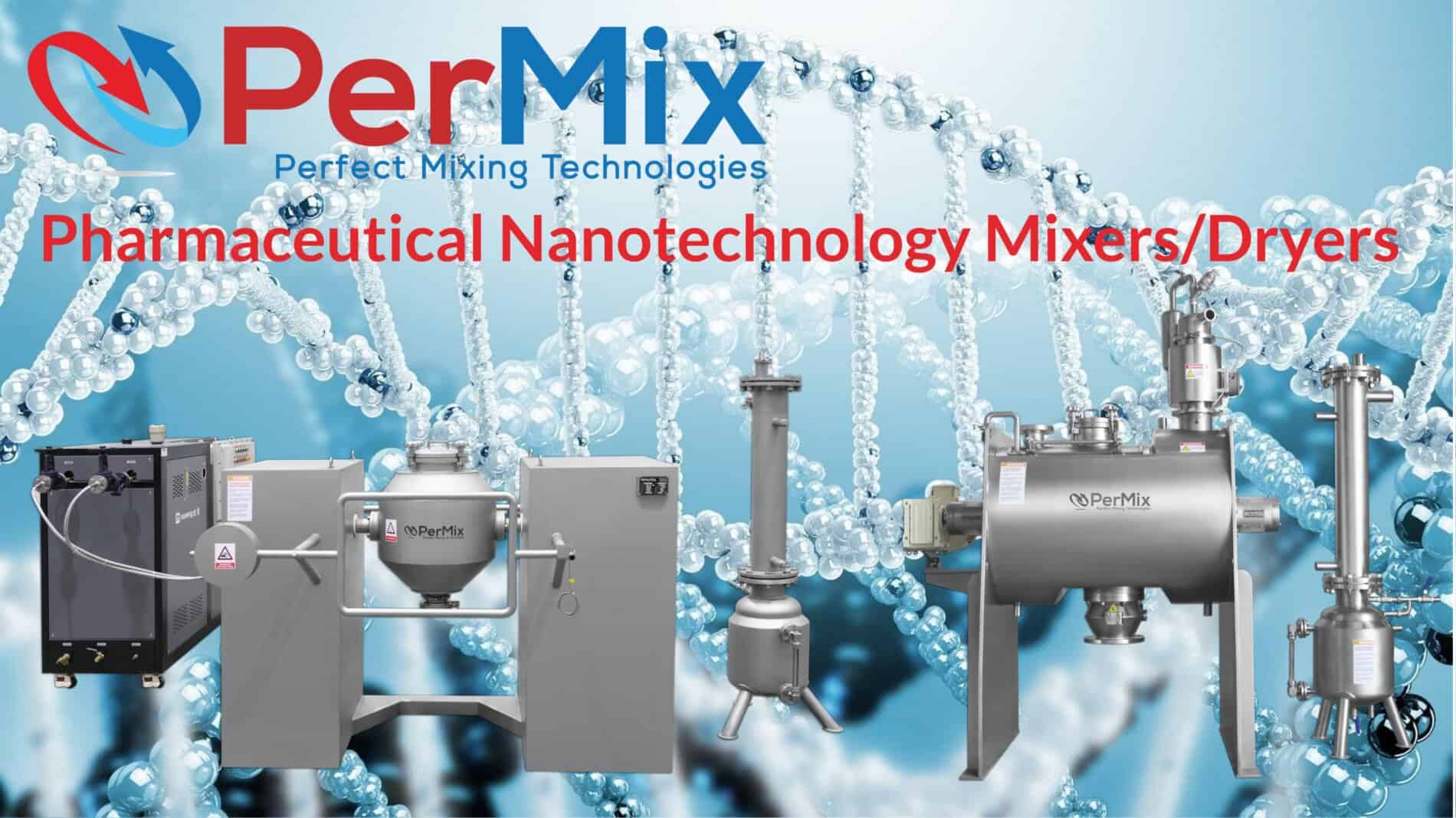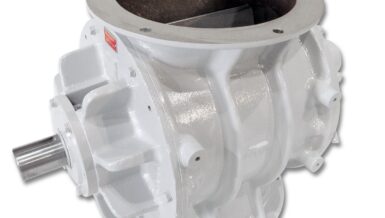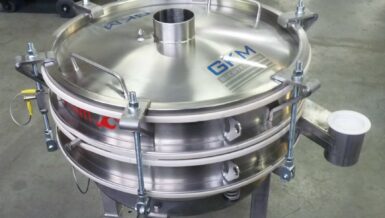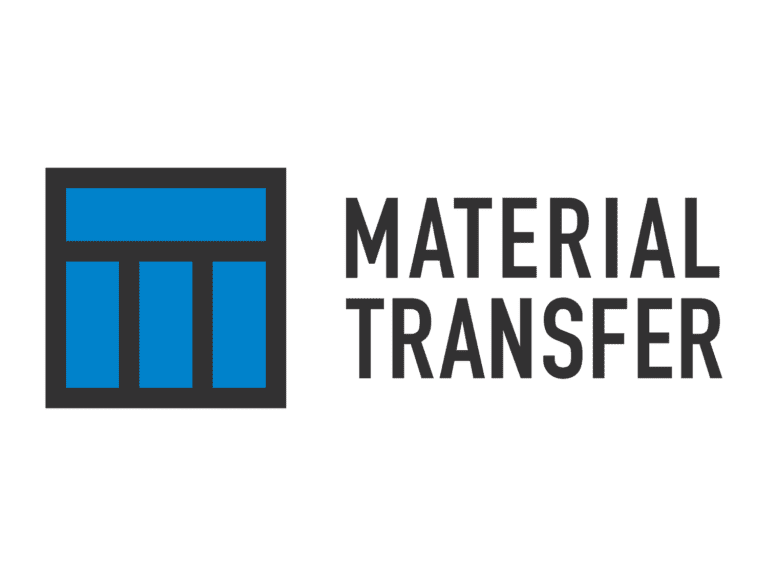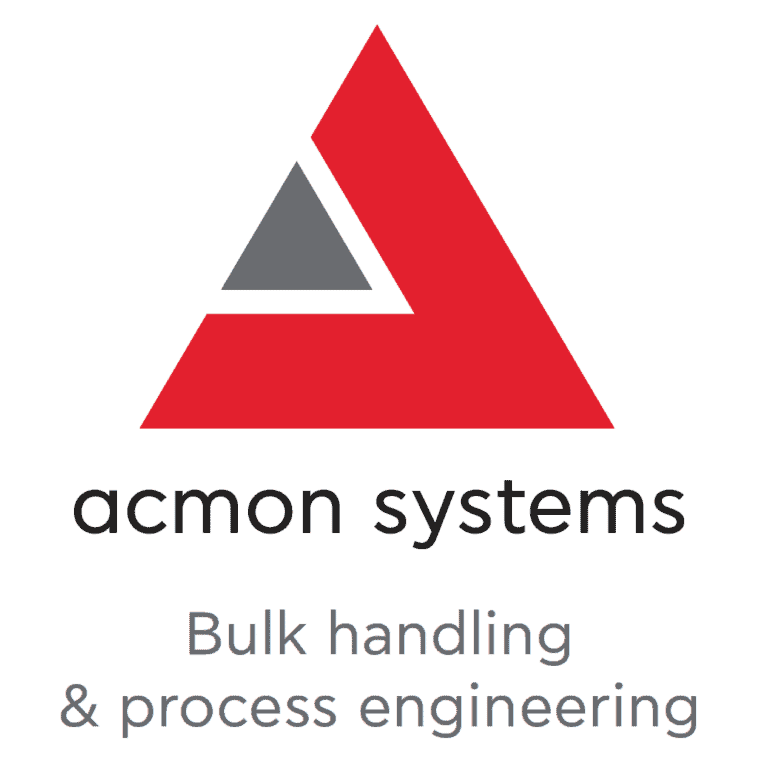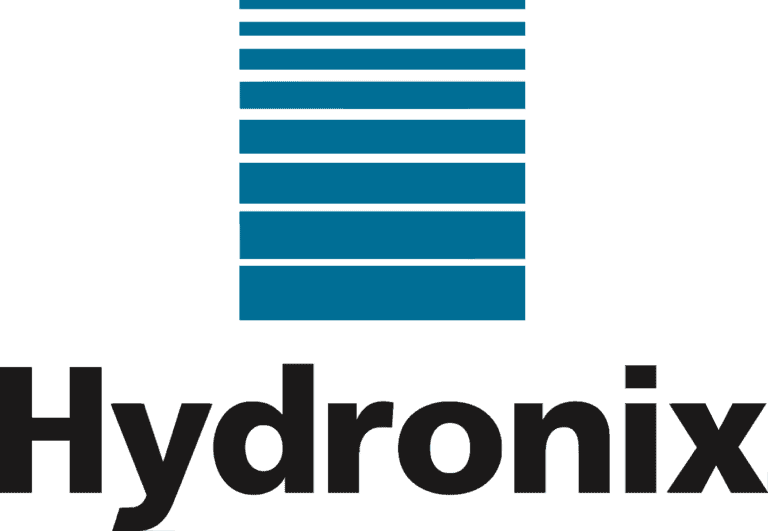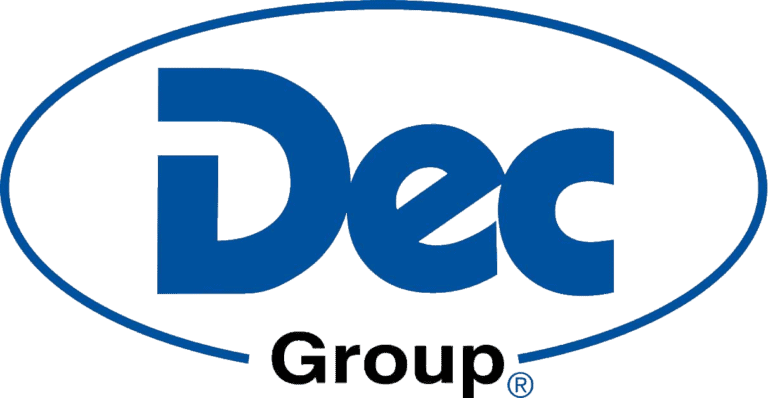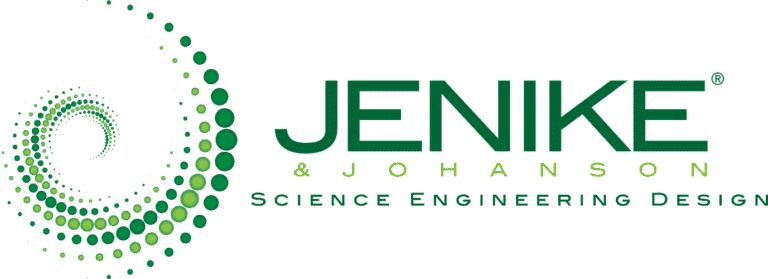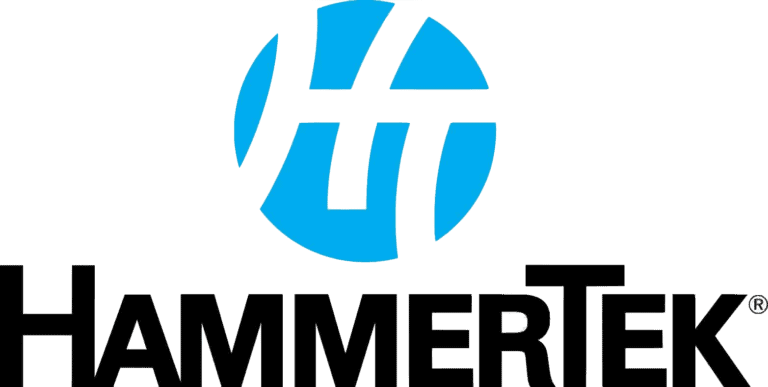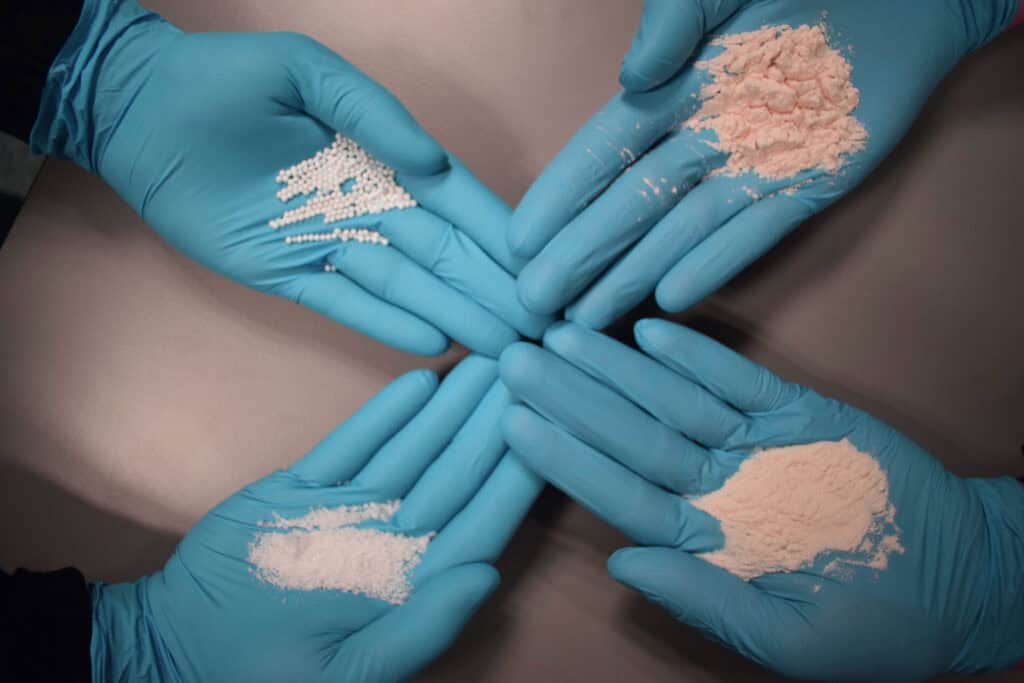For example, the contamination of cathode masses by foreign ions, in particular iron, must be prevented at all costs. Lödige has addressed this challenging process-technical task with a special version of the proven Ploughshare® mixer, of which over 200 machines have already been sold worldwide in the last five years.
Electromobility is currently a frequent topic of discussion, and against a background of legal restrictions for diesel engines, the focus is increasingly shifting to electrically powered vehicles. This will require the manufacture of enormous quantities of lithium batteries that can be realized only by way of a huge expansion of existing production capacities.
Processing of raw materials in battery production
In the long production chain for lithium batteries the processing of raw materials a first, but decisive step for ensuring the quality of the final product. The cathodes of common lithium batteries today consist of a mixture of lithium carbonate and mixed nickel-cobalt-manganese oxide, to which additives have been introduced. On the other hand, other materials should by no means come into contact with the mass, as even small amounts can have a negative influence on the properties of the battery itself. Iron is one of these undesirable substances.

Lödige has now developed a special machine type for homogenizing the cathode mass. Since even the slightest contamination caused by iron or steel abrasion must be prevented, this calls for elaborate protective measures for the steel mixer parts that come into contact with the product.
This application-specific model is a further development of the Ploughshare batch mixer. It functions according to the hurling and whirling process introduced by Lödige in industrial mixing technology that creates a mechanically fluidized bed. Equipped with mixing tools that are specifically geared to the respective task, they deliver mixtures of the highest quality that can be reproduced at any time.
Most manufacturers of lithium batteries and their chemical suppliers are located in eastern Asia. However, the emerging needs of European car manufacturers will ensure that required production facilities are available in Europe.
Special tile lining
The drum of the Ploughshare mixer has a ceramic lining. The special tiles used for the purpose exhibit high mechanical stability and abrasion resistance.
Due to their more complex geometry, the mixing elements cannot be covered with any random material, but require a thin and extremely rugged ceramic coating.
This coating can be adjusted to the respective application. Common coating materials are aluminum oxide-based. The coating is less than one millimeter thick but extremely tough and abrasion-resistant. Difficult contours can thus be completely and reliably coated.
For some time now, coatings of hard metal alloys have been used as an alternative to oxide ceramics, which bear the risk of spalling. The latter offers an abrasion resistance that is comparable to ceramics but is far less sensitive than the latter. The hard metal coatings are considerably more robust and boost the operational reliability of the overall process.
The more exacting quality requirements placed on the mixer in recent times – as taken into consideration in the ongoing optimization of Lödige solutions – are also evident elsewhere. A few years ago it was sufficient to cover or coat the main metallic surfaces that come into contact with the product. Meanwhile, other zones are being coated, e.g. the feeding inlets through which the product flows only once.
High-speed cutting heads
A special role in the mixers for battery masses is played by the choppers, i.e. the high-speed homogenizers in the lateral drum area. These are essential to achieve the homogeneity required for further processing the battery masses within acceptable times. The choppers – operating at up to 3,000 revolutions per minute – are exposed to extreme stress. The cutting heads are therefore provided with highly resistant hard metal weldings or, at the customer’s request, made completely of solid hard metal.
Because the battery masses contain toxic and carcinogenic components, e.g. cobalt, uncontrolled spillage of the fine powdery substances must be strictly avoided. Here special attention should be given to the shaft seal that often proves to be a weak point…
The use of state-of-the-art sealing systems adapted to the respective application conditions guarantees a seal that is superior to a classic stuffing box packing. As a rule, these are systems that are air purged or impinged upon with sealing air and contain several consecutive sealing ring pairs or rotating polymer seals.
Conclusion
The processing of the required raw materials in the production of lithium batteries is subject to exacting quality requirements. Lödige has addressed this demanding process-technical task with a special version of the proven Ploughshare® mixer, of which over 200 machines have been sold worldwide in the last five years. The latter achieves a homogeneous mixing of the cathode masses in the shortest possible time. This is essential for the consistent and reproducible quality of these high-tech materials.





